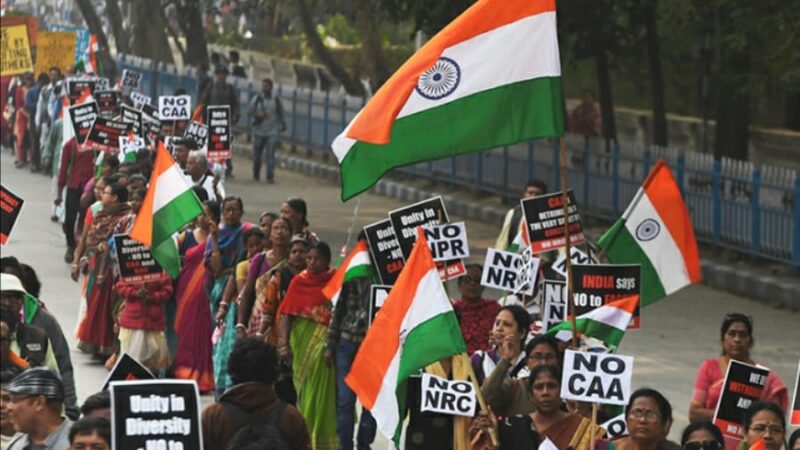It’s In Our Hands!

India was and remains a patriarchal society. Women have been subjugated since time immemorial. But recent times have seen a change where women are standing up for their rights. In order to protect them against atrocities and improve their condition, we have a slew of laws in India. Some of the important acts are-
- Dowry Prohibition Act, 1961
- Protection of Women from Domestic Violence Act, 2005
- Child Marriage Restraint Act, 1929
Apart from these special legislation, we have a host of provisions in the Indian Penal Code, 1860 dealing with offences like cruelty to women, rape, dowry death, acid attacks etc. Some of these sections have been further strengthened after the Criminal Law Amendment Act of 2013 included offences like voyeurism, stalking in the Code and amended the provisions pertaining to rape to make them more stringent.
But women need to pause and ask themselves- do they feel safe even after having a string of laws to guarantee their safety? The answer to the question is probably ‘NO’. Crime against women is still rampant in India. The latest report of the National Crimes Record Bureau substantiates this stance. According to the report, a total 9038 cases under the Dowry Prohibition Act were registered in 2012 while 16309 cases under the Domestic Violence Act 2005 were registered in India for the same period. The state of Andhra Pradesh topped the list in dowry cases with 2511 cases recorded while Madhya Pradesh was on the top for domestic violence with 9,536 cases. Almost 8000 women died ‘dowry deaths.’ The number of cases of cruelty committed by husbands and their relatives was 106,527. Every second day, we hear of a rape. What do these numbers indicate? Despite strict laws to curb violence and atrocities against women, crime against women is growing at an unprecedented rate. The laws provide for harsh penalties in order to deter the perpetrators of such crimes, but why are punitive measures proving to be ineffective? The fact that is appalling is that nowadays those alleged are not some uneducated and unemployed people, but are well-educated and eminent people. A plethora of well-drafted laws fail to act as ad deterrent because there is lack of awareness about the same, especially in the backward areas of the country. The women, due to lack of education are simply unaware that they have a variety of remedies at their disposal. Illiteracy is a key roadblock in this regard and needs to be tackled. Another major hindrance to effective implementation of laws is the backward and rigid mindset of the people, which they refuse to change even after years of progress and development. The family of the woman tries to hush-up the matter in the name of protecting the ‘honor’ of the family. This is coupled with the fear of aspersions being cast on the woman’s character. This opinion is so thoroughly ingrained in our minds that sometimes it even prevents the women from standing up for their rights. This is more often than not seen in cases of sexual assault and rape. What people fail to comprehend is that if the criminals go unpunished, they will repeat the heinous act because they have the confidence that no one will raise their voice. This kind of mentality needs to undergo change and it has to start with women. The offenders need to be taught that women have the courage and strength to fight the injustice.
Laws are becoming stringent; fast track courts are being established to decide such cases quickly. But we will achieve results only if we resolve to combat such evils. It is in our hands!
————–
About the Author: This article is contributed by Kudrat Agarwal, our Intern.






